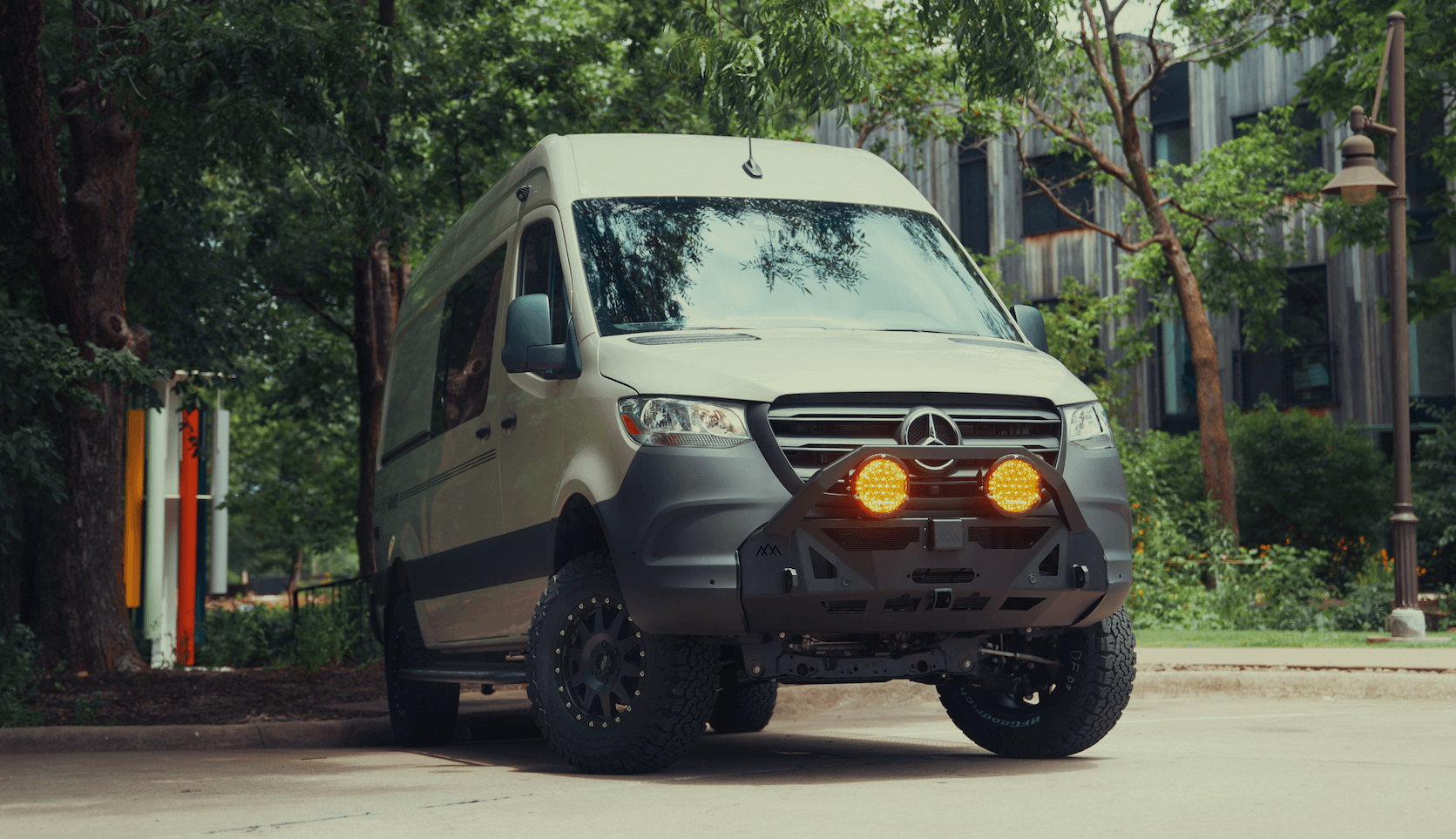Recreational Vans

Choosing the ideal camper van starts with clarity on how you travel. Weekend trail runs look different than cross country living, so define your trip length, climate, passenger count, and toys you bring along. From there, weigh space planning, power systems, water storage, and safety features that match your mileage and destinations.
Platform size matters. Short wheelbase vans fit into tight city parking and trailheads, while extended wheelbase vans add lounge and storage at the cost of maneuverability. Ceiling height shapes comfort on rainy days. If you plan desk work or cooking inside for long stretches, prioritize a high roof.
Power and climate control set the tone for comfort. A dependable house battery system with solar input and a smart alternator will keep fridges cold and fans spinning. If you camp in heat, consider an efficient DC air conditioner matched to a battery bank sized in amp hours, not guesses. For cold nights, a sealed combustion heater tied to gasoline or diesel delivers dry heat without condensation.
Water and waste define your remodel rhythm. Larger fresh tanks mean fewer resupply stops, and a simple gray tank or jerry can keeps camp tidy. Indoor showers trade space for convenience, while outdoor sprayers and quick dry floors can be smarter for riders and paddlers. Always confirm tank sizes and pump decibel levels before you buy.
Storage is more than cubic feet. True payload capacity, measured in pounds, tells you what the chassis can carry safely. Add up people, water, fuel, gear, and cabinetry weight. Many reviews skip this math, yet it is central to handling and braking.
Look for a layout that supports real routines. A bed that sets up in seconds, a galley that allows two people to move past, and a workstation that doubles as dining make rainy days easier. Sliding windows with bug screens, quiet fans, and thoughtful lighting zones transform a metal box into a calming room.
Read the electrical spec sheet like a pilot. Battery chemistry, capacity, BMS brand, inverter rating, and charging methods all matter. Lithium batteries with adequate low temperature protection hold more usable energy. Paired with solar and alternator charging, they keep laptops, induction cooktops, and heaters powered through a cloudy week.
Braking feel, lane keeping assists, stability control, and visibility reduce fatigue. A backup camera, parking sensors, and all season tires increase confidence in tight towns and trailhead lots. If you plan mountain passes or snow, compare all wheel drive and rear wheel drive with traction control, and check ground clearance numbers.
Campervan reviews can be gold when they offer specifics, and noise when they do not. Prioritize long term tests over first impressions. Make sure the reviewer discloses ambient temperature and elevation, since both change battery and HVAC performance. Testimonials that mention payload, water usage rates, and power draw are more useful than general praise.
When sorting camper van reviews, watch for bias. A reviewer sponsored by a parts brand may focus on gear rather than usability. Cross reference multiple sources and keep your own checklist to compare apples to apples.
Three full size platforms dominate campervan reviews for good reason. Each brings strengths that align with different travelers.
Use cases bring this into focus.
As you read camper van reviews and campervan reviews, keep a simple scorecard. Rate each platform and build on layout, power, water, storage, safety, service access, and price. Five minutes of structured comparison beats an hour of scrolling.
Once your checklist feels dialed, walking a finished van tells you more than any photo. Open every cabinet, listen for squeaks, and ask to see the electrical layout. A smart build makes service simple, with labeled circuits and accessible shutoffs.
Drive a prepared route that includes highway, side streets, and a rough lot. Note wind noise, blind spots, turning radius, and hill starts. If possible, park on a slight slope and test the galley and bed at an angle.
Even the ideal camper van evolves. Choose a platform with parts availability and upfit paths for solar, suspension, and storage so you can adapt as trips change.
Strong research leads to a rig that fits you, not the other way around. If you want experienced eyes on your shortlist and a path from ideas to a finished van, explore our capabilities and see how a professional shop can translate needs into a durable, quiet, and easy to maintain build.
Explore recreational options and see real layouts on our recreational vans page. If you want a tailored design, our custom build van process starts with use case, then specifies platform, power, water, and storage to match. Looking for a finance friendly foundation, review our mainstream vans to compare platforms that align with book value.
At OZK Customs, we listen first and build second. Tell us how you travel, where you go, and what you bring. We will recommend the right platform, map the electrical and water systems to your actual needs, and finish with clean fabrication that is easy to service. Submit the form to begin.
Ready to turn research into a road ready build tailored to you? Tell us how you travel, and OZK Customs will design and deliver a van that matches your list. Submit the form to schedule a consult and get a clear quote, timeline, and platform recommendation.
ADDRESS:
6159 E Huntsville Rd, Fayetteville, AR 72701
PHONE:
(479) 326-9200
EMAIL:
info@ozkvans.com